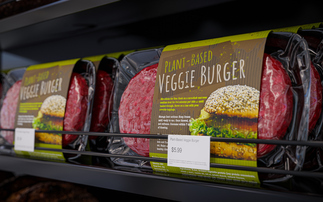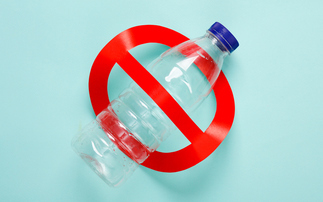Demand for green products is growing fast, accompanied by explosive growth in the number of environmental labels and schemes. Should oversight come from government, business or NGOs?
More than 95 per cent of Europeans say that protecting the environment is important, and a recent global survey found that only six per cent of consumers in Germany felt that enough sustainable products...
To continue reading this article...
Join BusinessGreen
In just a few clicks you can start your free BusinessGreen Lite membership for 12 months, providing you access to:
- Three complimentary articles per month covering the latest real-time news, analysis, and opinion from Europe’s leading source of information on the Green economy and business
- Receive important and breaking news stories via our daily news alert
- Our weekly newsletter with the best of the week’s green business news and analysis






